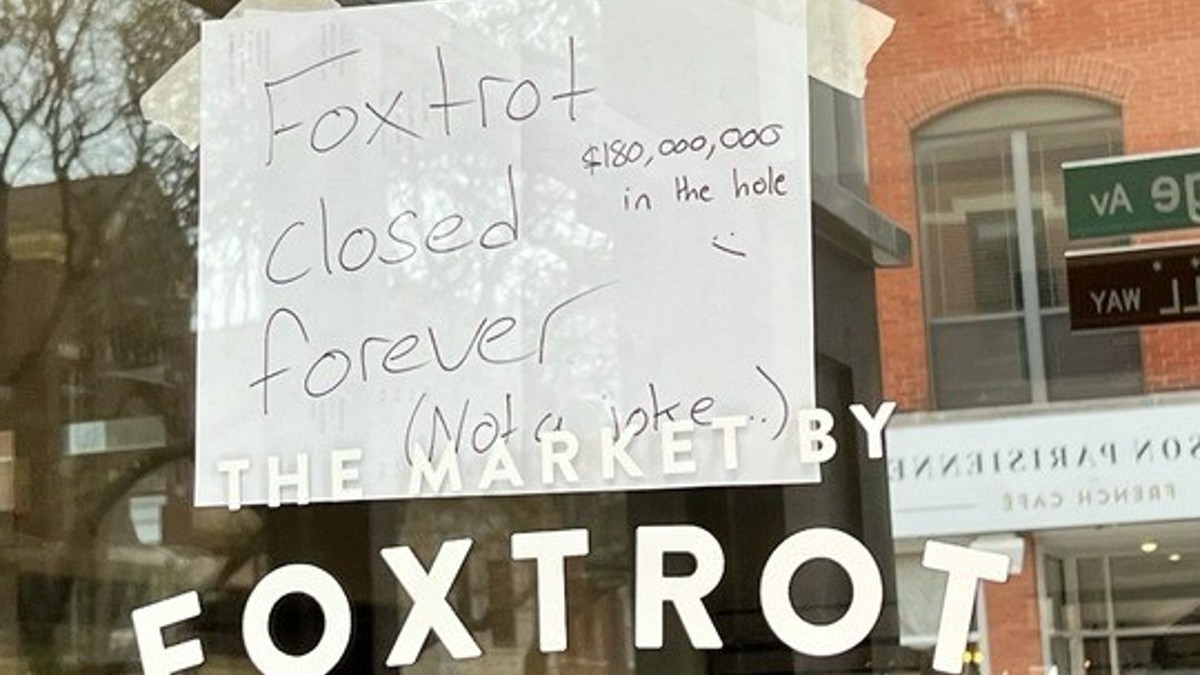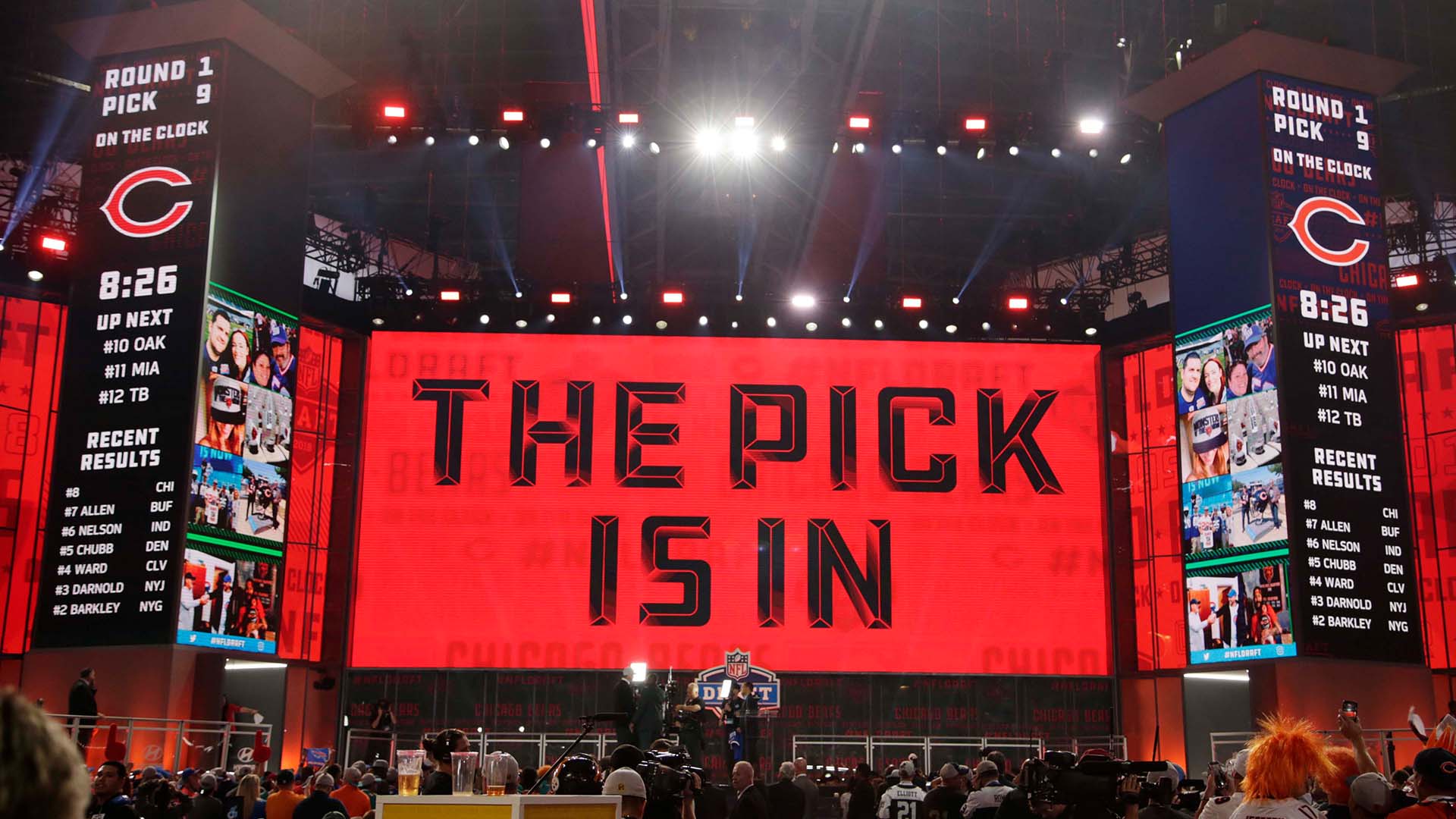Doctors in Illinois are expressing cautious optimism after early analysis of a coronavirus vaccine developed in part by Pfizer showed a more than 90% efficacy rate in preventing infection.
The vaccine, developed by Pfizer and German-company Biontech, is more than 90% effective in preventing infection, a huge success considering that the target for efficacy was in the 50% range, according to physicians.
“I think all the vaccine trials were designed to measure at least 50% efficacy but one can only hope for something as good as a 90% efficacious vaccine,” Dr. Richard Novak, head of the Division of Infectious Diseases at UI Health, said. “I thought ‘wow, that’s incredible.’”
Of the nearly 44,000 individuals who took part in the Pfizer vaccine trial, just 94 developed coronavirus. An analysis by independent monitors overseeing the trial found “no serious safety concerns” with the vaccine.
Dr. Ngozi Ezike, the director of the Illinois Department of Public Health, has long said that a safe and effective vaccine will be key to rolling back health restrictions in the state, and said that while some residents may be concerned with how quickly the vaccine was developed, she is confident that proper protocols have been followed.
“There are people who are hesitant for a new vaccine and feel the process has been rushed,” she said. “Every possible resource has been thrown at the creation of this new vaccine. The US government has doled out billions to move vaccines through phases in record time. The entire world is focused on a safe and effective vaccine. The process is still being followed.”
News
Gov. J.B. Pritzker said Monday that the state would “not distribute a vaccine that isn’t safe,” and that state health officials are keeping a close watch on follow-up research and study of Pfizer’s findings.
In Illinois, it is the hope of epidemiologists, as well as Novak, that similar vaccines in the works will have similar results to the Pfizer drug. The University of Illinois-Chicago recently conducted its own trial for a vaccine from Moderna, and Novak says that the similarities to the Pfizer vaccine are promising.
“It means that the strategy works, and that probably means that all the vaccines are going to be very effective,” he said.
One concern voiced by some doctors, including Novak and Ezike, is the way the Pfizer vaccine is administered. The vaccine must be stored at extremely low temperatures, and will require two doses in a 21-day span, meaning that shipping and storage will have to be carefully monitored to ensure that the vaccine remains usable.
“It would be nice to have vaccines that are easier to distribute to all parts of the country and the world,” Novak said.
A bigger hurdle that doctors could face is the opposition to the vaccine that has developed during the pandemic. Some studies have suggested that support for the vaccine has declined in recent months, with an October poll by CNN finding that 45% of Americans say they do not intend to get the coronavirus vaccine.
It is unclear whether the news of the efficacy of the vaccine will have any impact on those numbers, but Ezike said that the vaccine is only as effective as the number of Americans willing to receive it will allow it to be.
“We can have hundreds of millions of doses of vaccine in the world, but if they don’t get into the arms of people then it’s not helpful,” she said.
The state intends to distribute available vaccines to local health departments, who will then begin to administer the vaccines to the public. Healthcare workers, first responders and those in vulnerable populations or congregant settings will be the first to be eligible to receive the vaccine, with more populations becoming eligible to receive it as more doses become available.



